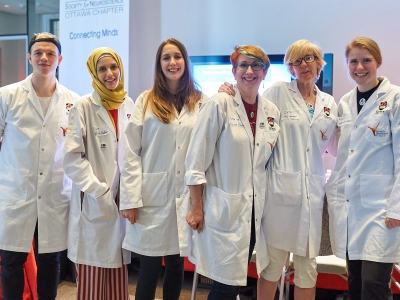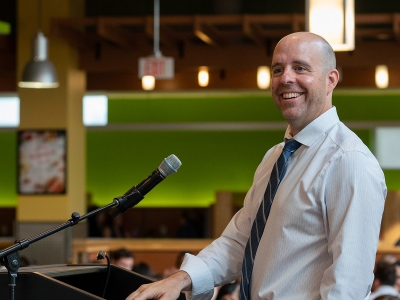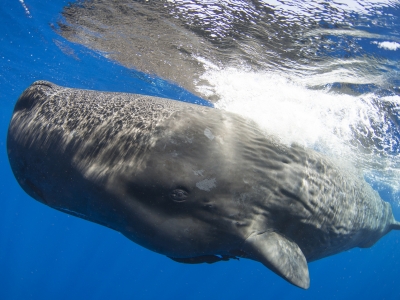By Dan Rubinstein
Photos by Brenna Mackay
Carleton University’s new partnership with South Africa’s University of Zululand is much more than a formal agreement to work on research projects together.
The two universities, whose leaders signed a memorandum of understanding in a ceremony on the Carleton campus on Sept. 3, are unlocking the transformative potential of African Indigenous knowledge systems — the traditional knowledge, practices and beliefs held by Indigenous communities on the continent, which can help people throughout Africa, Canada and around the world navigate some of the most pressing challenges on the planet.
“Even if this knowledge wasn’t written down, it has shaped how people live for thousands of years,” said Samuel Ojo Oloruntoba, a professor in Carleton’s unique, standalone Institute of African Studies and the principal investigator of the Mastercard Foundation-supported African Indigenous Knowledge Research Network (AIKRN), which is dedicated to re-centring African knowledge.
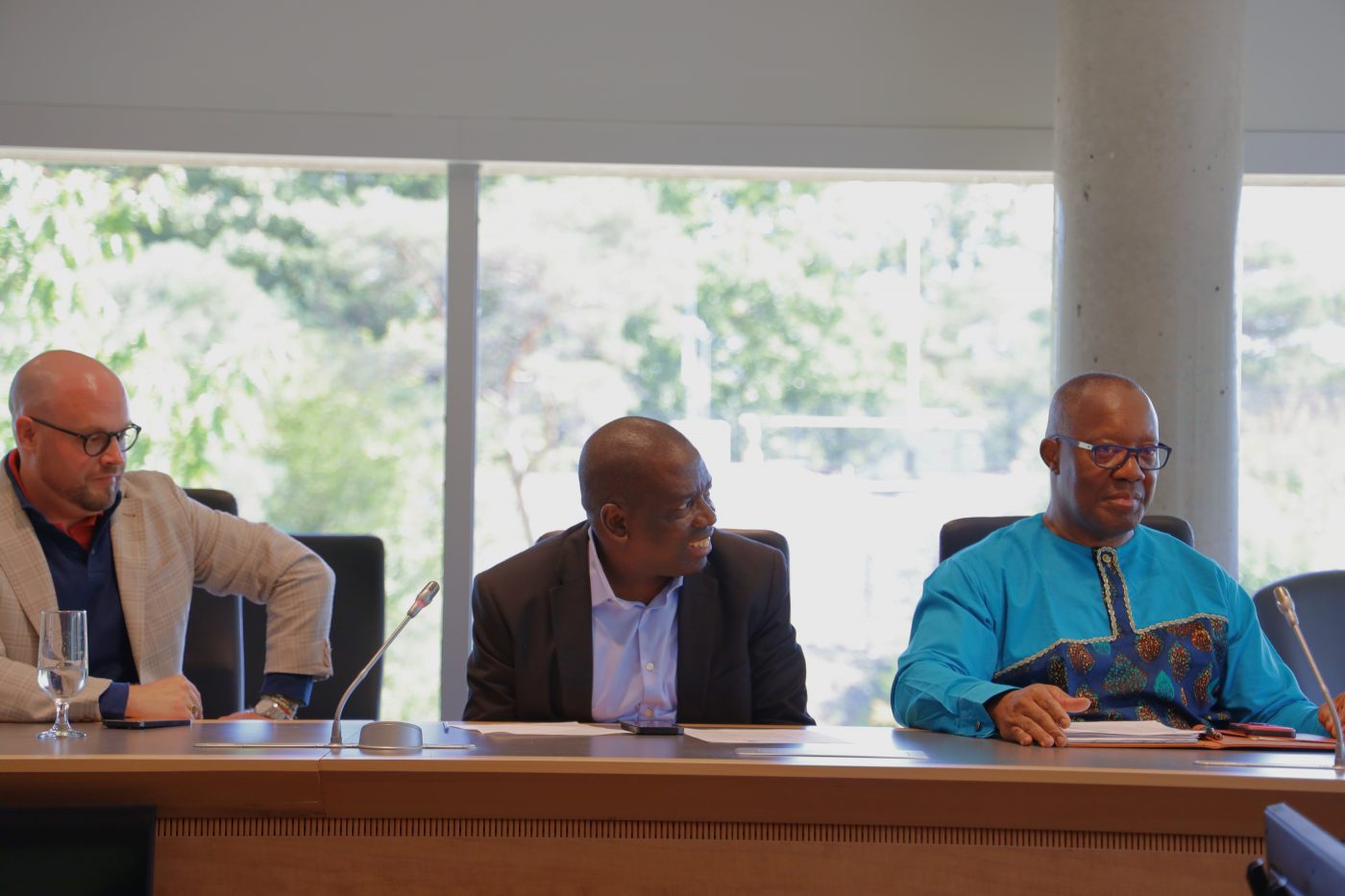
Left to right: Carleton Vice-Provost and Associate Vice-President (Academic) David Hornsby, African Studies researcher and AIKRN principal investigator Samuel Ojo Oloruntoba and Institute of African Studies director Nduka Otiono
“We’re not just mapping this knowledge,” Oloruntoba continued. “We’re going back to our roots and applying it toward sustainable livelihoods. It is something to build upon.”
“We want to shift the ecosystem of knowledge production in Africa and contest Eurocentricity,” added Oloruntoba’s collaborator Inocent Moyo, a human geography researcher at the University of Zululand and Deputy Dean of Research and Internationalization.
“What we’re doing involves both natural and social sciences and is directly related to the strategic focus of both our universities. We have engaged people in our communities on projects that will foreground Indigenous knowledge systems. We’re moving forward together.”
Shared Values and Community Impact
Overall, the MOU between the University of Zululand and Carleton aims to accelerate and advance research collaborations in various disciplines, led by two institutions with similar values and missions. Both schools have strong commitments to research and innovation, teaching and learning and meaningful community impact.
As an immediate step, the partnership helps to activate the overarching ambition of the AIKRN, which already has more than 15 members: developing sustainable approaches to employment and entrepreneurship for youth; connecting Indigenous knowledge with technology and global ideas in an interdisciplinary way; and fostering cross-cultural learning on reconciliation and decolonization, linking initiatives in Canada with efforts in Africa.
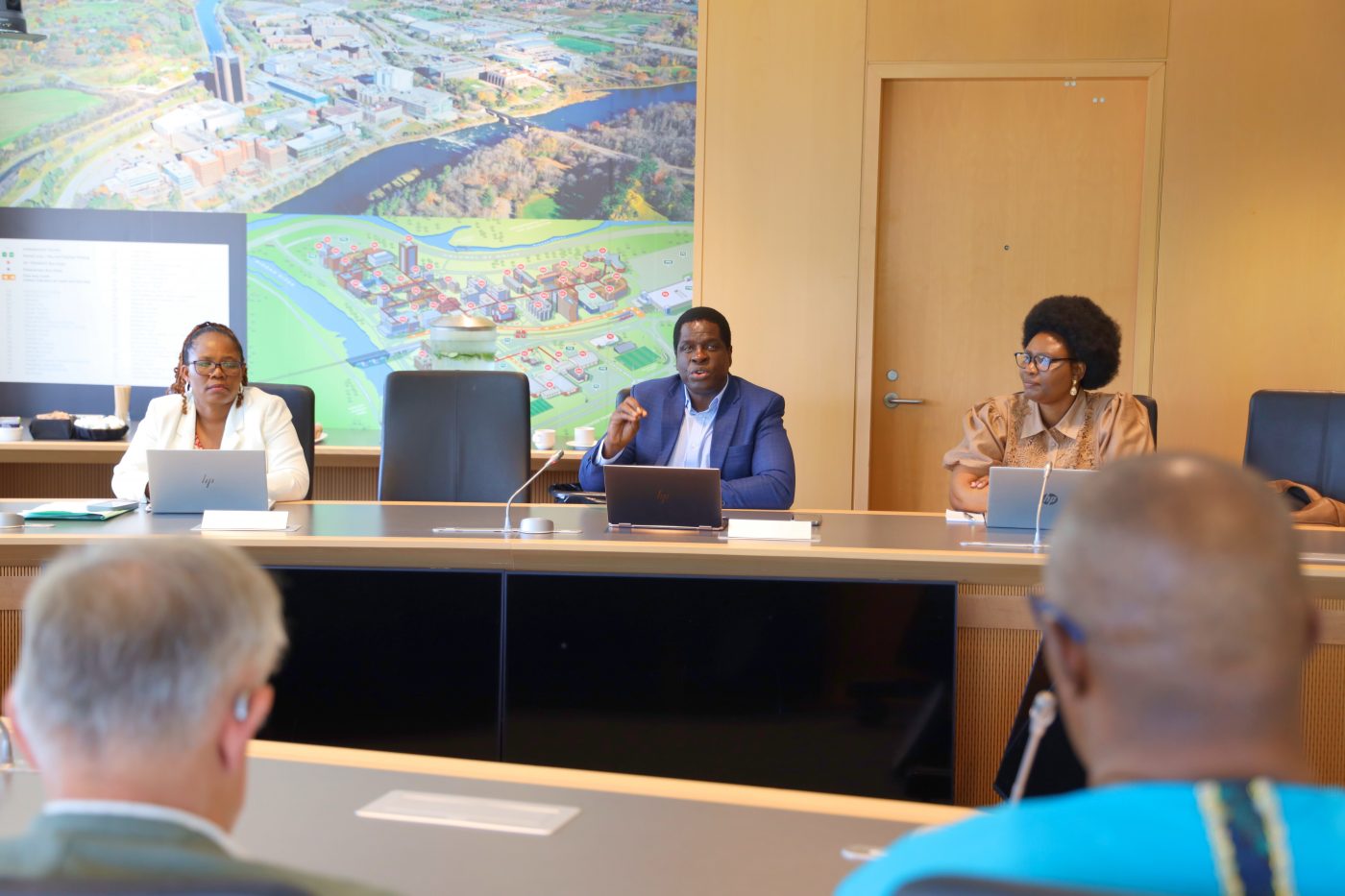
Left to right: University of Zululand’s Khoboso C. Lehloenya, Dean of the Faculty of Science, Agriculture and Engineering, with human geography researcher and Deputy Dean of Research and Internationalization Inocent Moyo and Nontokozo Mashiya, Director in the Vice-Chancellor’s Office (Internationalization)
The network and the Carleton-Zululand collaboration concentrate on research in areas such as food security, biodiversity, agriculture, technology, climate change, human and animal health, natural resource management and conservation.
The University of Zululand, established in 1960, has 21,000 students at a pair of campuses on the east coast of South Africa and offers a wide range of programs, from hydrology, nanotechnology and electron microscopy to African thought.
“We are not apologetic about embracing our identity as a node for African thought,” Vice-Chancellor Xoliswa A. Mtose said. ”We’re an affirmation that Africans can lead. This partnership is part of a groundbreaking agenda.”
Mtose’s colleague Khoboso C. Lehloenya, Dean of the Faculty of Science, Agriculture and Engineering, pointed out that working with Carleton can help the the two institutions further decolonize their curricula and incorporate diverse perspectives through academic and student exchanges and joint funding applications for research projects.
“Internationalization,” Lehloenya said, “is a pathway to transformation.”
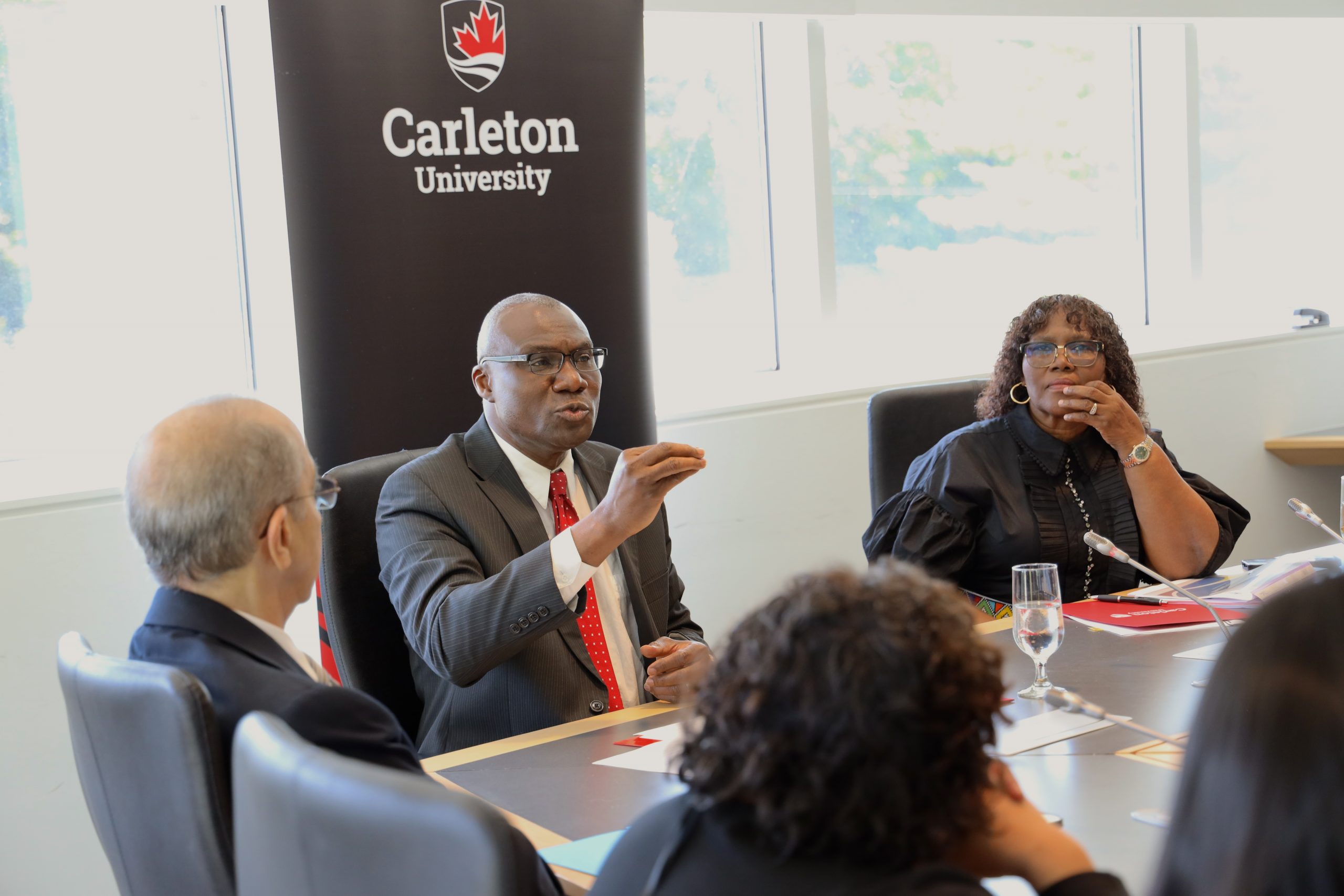
A Concrete Manifestation of Organic Collaborations
Carleton President Wisdom Tettey — who met with representatives from the University of Zululand at an AIKRN conference in Entebbe, Uganda, last spring — called the new partnership “a concrete manifestation” of the organic collaborations already underway between the two institutions.
It follows MOUs signed with the University of Cape Town and Ghana’s University of Cape Coast earlier this year and is another step toward Carleton’s growing international influence.
“These MOUs allow us to expand the reach and depth of what we do as universities,” Tettey said. “They are regenerative partnerships that dovetail with our core values.”
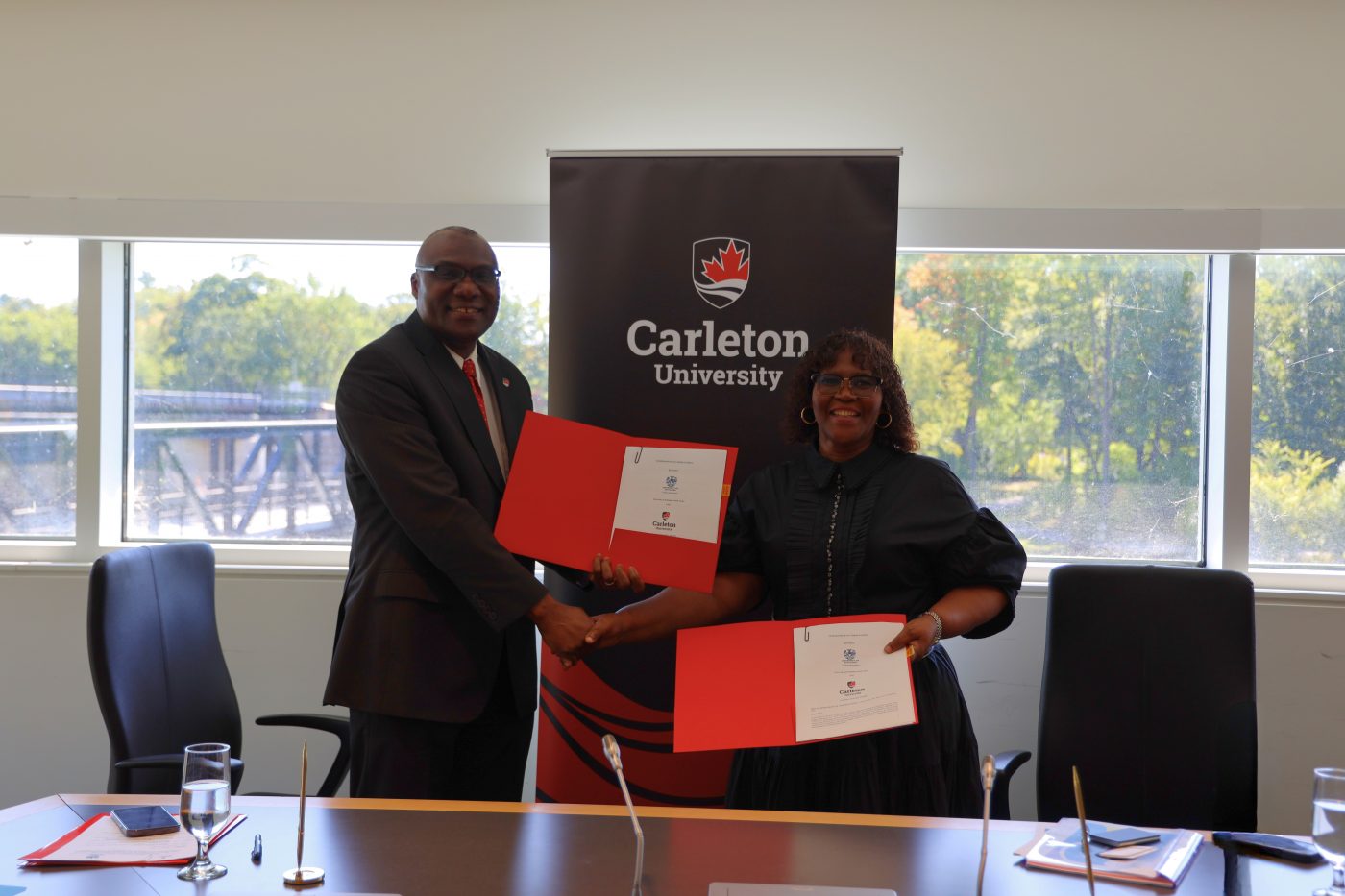
Carleton University President Wisdom Tettey and University of Zululand Vice-Chancellor Xoliswa A. Mtose
African Indigenous knowledge systems are directly related to Carleton research clusters around wellness, connectivity and sustainability.
“These knowledges don’t sit in pockets — they’re enriched when they collide,” Tettey said. “Working together helps us see knowledge as incomplete. There’s always an opportunity to learn and grow.”
Indigenous knowledge is relevant toward the revitalization of culture and traditional languages, Tettey continued, and to other fields such as human and ecosystem health.
“The fact that we’re returning to Indigenous ways of caring for our environment shows that this knowledge has a currency we can tap into,” he said. “African knowledge systems have a lot to offer, from agriculture and health to understanding cosmology and everything in between.
“As an institution, we’re a fulcrum for bringing people together, and ultimately, we have an obligation to position our youth for a thriving future. I’m enthused about the possibilities of this partnership and the work we will do to inform policy and change lives so all of us can flourish together.”
Friday, September 5, 2025 in African Studies
Share: Twitter, Facebook
